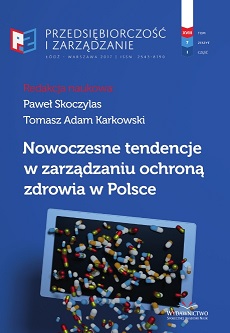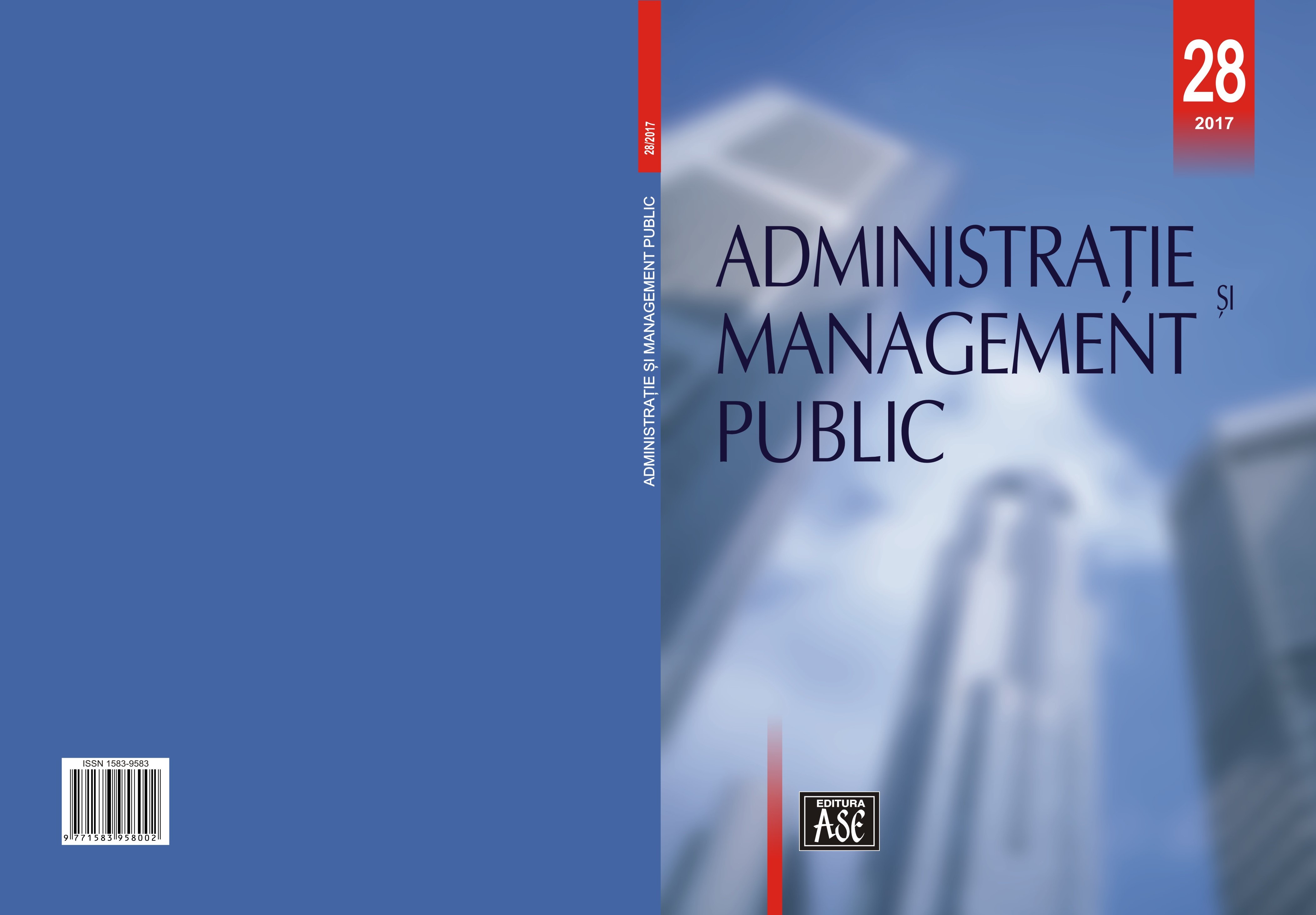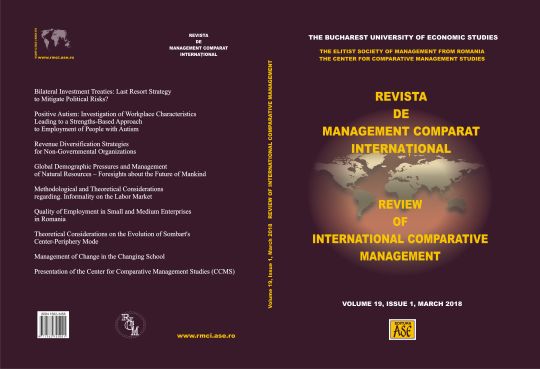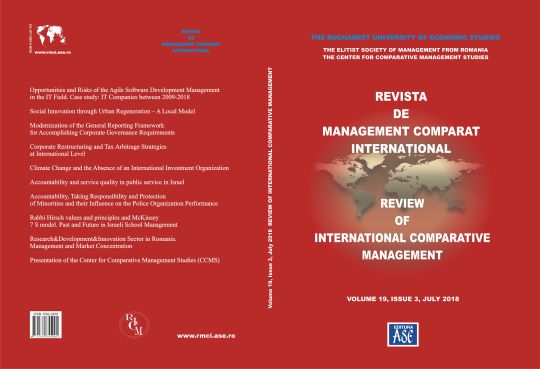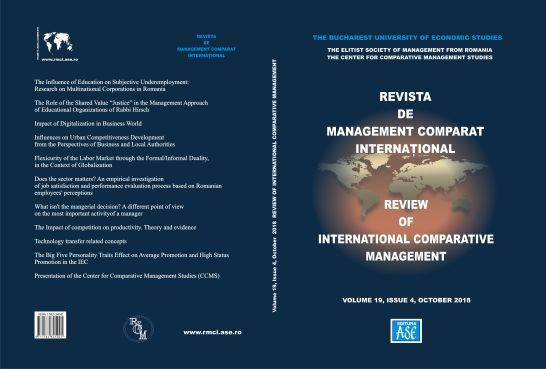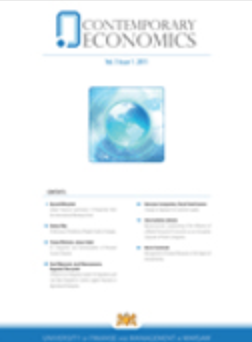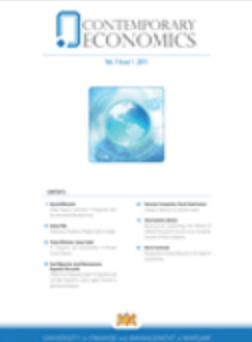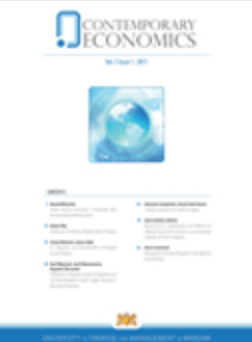
Division of labor in transport and the influence of the public sector
Urban mobility of persons is an important social phenomenon. It represents effected movement of people from one settlement to another, for reasons of performing purposeful and intentional activities related to work, education, shopping, procurement of services and number of others. Nowadays, mobility of persons poses serious environmental effects caused by a particularly extensive use of personal car traffic for transport of persons on their trips. The solution to this problem is one of the key elements in plans for improvement of sustainability of local development. Public administration pays consistently high attention to mobility of persons and by its decisions it fundamentally affects the quality of life of urban population. The basic trend is represented by the preference of environmentally friendly modes of transport. That is walking, cycling and mass public transport. The indicator used for tracking of the use of the means of transport in urban mobility is the transport division of labor, the so-called modal split. This characteristic refers to the percentage of the various types of transport on the total number of trips performed by persons in a particular settlement in the course of one day, usually one working day. The article examines the transport division of labor in Prague and in twelve regional capitals in the Czech Republic. The work is conducted in two steps. The first step, the primary data is compiled into tables according to which of the defined modes of transport are used by people for travel to work and school in the regional capitals in the Czech Republic. The second step addresses the issue of consistence in the division of labor in transport across the tested set of cities. This hypothesis is assessed by a consistency test (chi-square test). The taken hypothesis was not confirmed and, therefore we examined the strength of the relationship between the observed and calculated frequencies of use of the various means of transport. The testing is carried out using adjusted residual values. For clearer representation and interpretation, the obtained results are transferred to the graphical form of a sign schema.
More...
